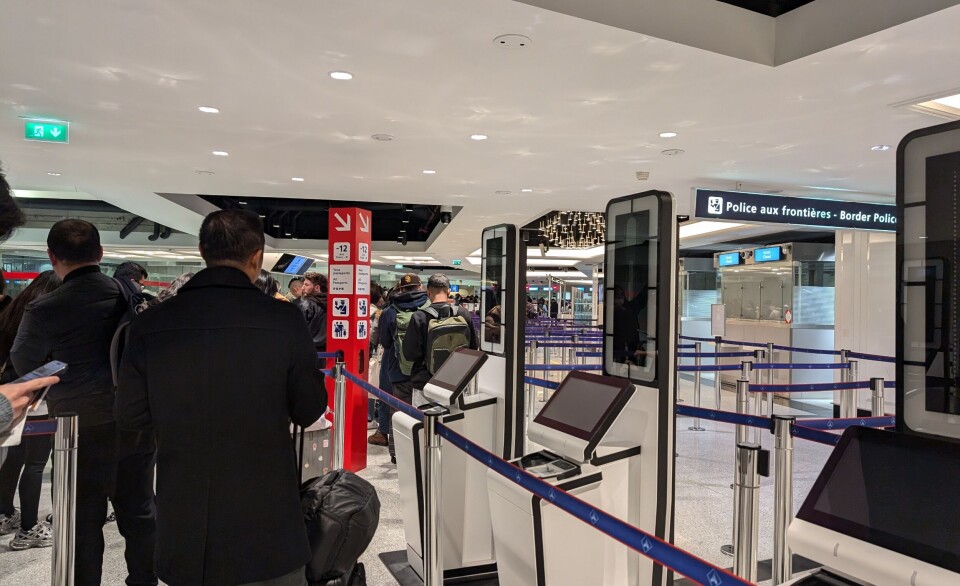-
Warm days ahead: French weekly weather outlook March 31 - April 4
Temperatures of 20C are expected towards the end of the week across France
-
Second runway at Bordeaux airport likely to be renovated not closed
Move may lead to backlash from local people who are unhappy due to the noise levels
-
Pension age reform in France: New poll shows support for a return to age 62
Employers' organisations and trade unions are currently meeting to discuss the subject on the orders of Prime Minister François Bayrou
Slavery to be remembered in French cities
The throwing of a statue of slave trader Edward Colston into Bristol harbour has raised questions on how French cities with slave-trade links are dealing with their past.

Calls for compensation
Economist Thomas Piketty, whose best-selling book Capital in the Twenty-First Century demonstrated how the rich have been getting richer, wrote an article in Le Monde calling for a reopening of the debate on paying cash compensation to the descendants of slaves. He advocates a change to the present economic system to repair some of the damage done by slavery and colonialism Nantes, with its historic port and history as a centre for trade with the Americas and West Indies, was the French city which profited the most by far from the slave trade.
Read more: French police reject new ‘anti-racism’ announcement
Some history
Historians have tracked 1,714 slave-trading journeys which left the port from the middle of the 17th century to the middle of the 19th century. Most used the triangular route, taking goods from France to trade for slaves and sell in Africa, then taking slaves across the Atlantic, mainly to sell in the French West Indies, and returning to Nantes with sugar, spices, rum and other products from the slave labour-dominated economies.
Le Havre sent 451 slave voyages, La Rochelle 448, Bordeaux 419, Saint-Malo 218, Lorient 137, Honfleur 134, Marseille 88, and Dunkirk 41. Eugénie Bardet, spokesperson for Nantes’ Memorial de l’abolition de l’esclavage monument, said: “It is something the city has worked with for 25 years – to recognise the role played by slavery in its development at a time when it was one of the richest ports in France. This wealth came from slavery and the terrible human cost of slavery.”
The memorial, opened in 2012, is on a quai along the banks of the Loire river which was a departure point for hundreds of the slave journeys. Bordeaux too has an active policy of explaining the role of slavery. It has added explanatory notices to streets named after people with links to the slave trade.
Read more: outrage in France over protest nurse's arrest
























